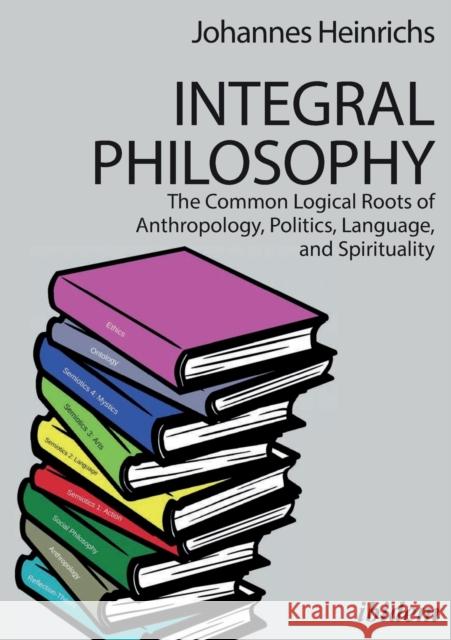Integral Philosophy. The Common Logical Roots of Anthropology, Politics, Language, and Spirituality » książka
topmenu
Integral Philosophy. The Common Logical Roots of Anthropology, Politics, Language, and Spirituality
ISBN-13: 9783838211480 / Angielski / Miękka / 2018 / 302 str.
Kategorie BISAC:
Wydawca:
Ibidem Press
Język:
Angielski
ISBN-13:
9783838211480
Rok wydania:
2018
Ilość stron:
302
Waga:
0.38 kg
Wymiary:
20.83 x 14.48 x 2.03
Oprawa:
Miękka
Wolumenów:
01











